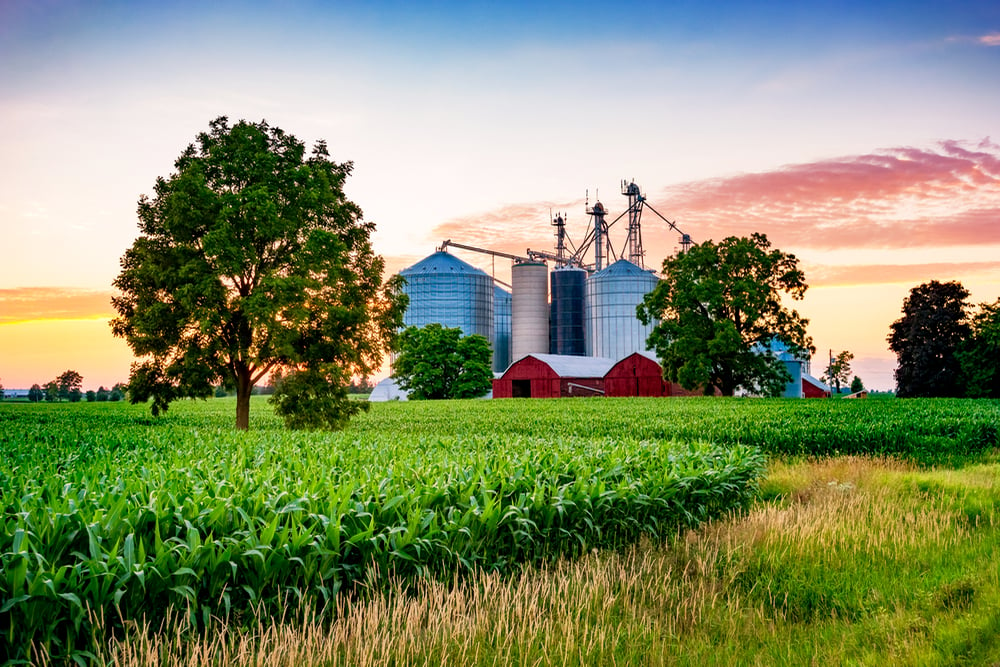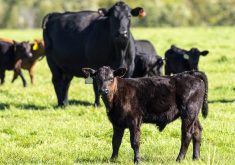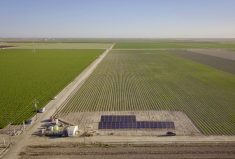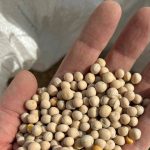Farmers continue to sign up for an Ontario co-operative that will pay them for their corn stover and wheat straw.
Brian Cofell, general manager of the Cellulosic Sugar Producers Co-operative (CSPC) says that the co-op has about 40 per cent of the acres committed that it needs by next fall, when it plans to harvest its first crop of stover. The stover will be turned into sugars for industrial uses.
“There is a lot of momentum with the co-op right now,” says Cofell. “A lot of people are excited. You know things are turning when people are reaching out to you and calling you and asking you to speak to them.”
Read Also

The wildly adaptable side of next gen agriculture
Some people just fall into the world of agriculture — and consider themselves lucky to have stumbled into such a…
Farmers will have to be members of the co-op in order to deliver to the Comet BioRefining Plant in Sarnia. Membership will cost $500 and then farmers will have to put in $200 per acre committed and will have to commit 100 acres minimum. They also have to grow 1.5 tonnes per acres of corn stover and 1.2 tonnes per acres of wheat straw. For that production they will be paid $25 per tonne for corn stover and $40 per tonne for wheat straw. Comet BioRefining has committed to a preferred dividend of $50 per acre. Cofell says that means corn stover and wheat straw will pay about $83 to $88 per acre per year.
The dividend has improved in the past few weeks, says Cofell, which has helped drive more interest in the co-op.
Farmers have to be within 125 km of Sarnia in order to qualify.
“We believe there are enough acres to handle the co-op in that area,” he says.
The co-op will own 27.5 per cent of Comet BioRefining, which plans to build a plant in Sarnia, to start up in 2019. Comet will be creating high purity dextrose, hemi-cellulose and lignin from the corn stover, as part of the move to creating high-value chemicals from biomaterials instead of petrochemicals.
The co-op will do all the harvesting and movement of the stover.
“We think cost-wise it is very efficient for us to do it ourselves,” says Cofell. “That way we know that the right product will come to the plant. There are certain specs we want inside of the bale. We want to control the flow of the biomass coming in as well.”
Convincing farmers that the co-op will take good care of their land while they are harvesting the stover is important, says Cofell. The co-op is showing farmers what that will look like with a series of stover harvesting demonstrations.
The demonstrations will be:
- Tuesday, Nov. 14, 2017 at 1 p.m., Shea Farms – 7037 Churchill Line, Watford, Ont.
- Thursday, Nov. 16, 2017 at 1 p.m., Vanek Farms – 11276 Brookline Line, Dresden, Ont.
- Friday, Nov. 17, 2017 at 1 p.m., DFG Farms – Dave Gillespie – 21934 Victoria Road, Thamesville, Ont.
For more information, visit the CSPC website.
















